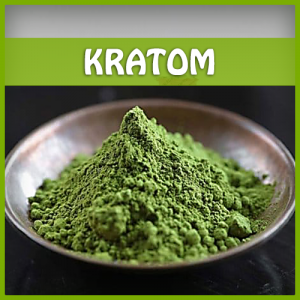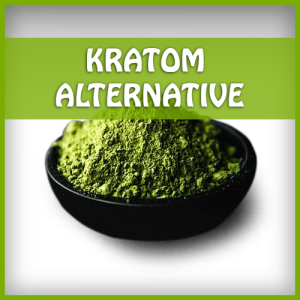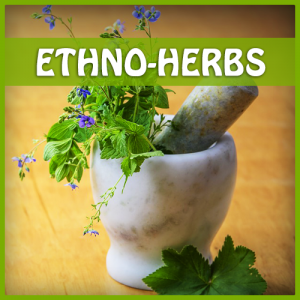Updates
From Tea to Toothpaste: Easy DIY Recipes Using Calamus Root
Calamus root, also known as sweet flag, is a perennial plant that belongs to the Acorus genus. The plant has been used for centuries in traditional medicine and cuisine for its unique taste and potential health benefits. In this article, we will delve into the uses, benefits, and potential risks associated with Calamus root, along with some natural recipes that can be made using this root.
Uses of Calamus Root
Calamus root has been used for centuries in traditional medicine, particularly in Ayurveda and Chinese medicine. The root contains several active compounds, including beta-asarone, which has been found to have anxiolytic and sedative properties. It is also believed to have anti-inflammatory, anticonvulsant, and analgesic effects.
Calamus root is also used as a flavoring agent in food and beverages. Its sweet, slightly bitter taste is similar to that of ginger or cinnamon, making it a popular ingredient in herbal teas, baked goods, and confectionery.
Benefits of Calamus Root
Calamus root is believed to offer several potential health benefits, including:
1. Digestive Aid: Calamus root has been used as a digestive aid in traditional Its active compounds are thought to stimulate the production of digestive juices and enzymes, which can help to relieve indigestion, bloating, and constipation.
2. Anxiety Relief: Calamus root has sedative and anxiolytic properties, which can help to alleviate anxiety and promote relaxation.
3. Pain Relief: The analgesic effects of Calamus root may help to alleviate pain caused by inflammation, injury, or chronic conditions such as arthritis.
4. Anti-inflammatory: The beta-asarone in Calamus root has been found to have anti-inflammatory effects, which may help to reduce inflammation in the body.
5. Memory Enhancement: Calamus root has been used as a brain tonic in traditional Its active compounds are believed to improve cognitive function and enhance memory.
6. Anti-bacterial: The essential oil extracted from Calamus root has been found to have antibacterial properties, which can help to prevent infections caused by bacteria.
Potential Risks of Calamus Root
While Calamus root offers several potential health benefits, it is important to note that it may also pose some risks. The beta-asarone compound found in Calamus root has been found to be carcinogenic in animal studies, leading to concerns about its safety for human consumption. For this reason, it is recommended that Calamus root be used in moderation and only under the guidance of a qualified healthcare professional.
Additionally, Calamus root should not be used during pregnancy or while breastfeeding, as it may be harmful to the developing fetus or infant. People with liver or kidney disease should also avoid using Calamus root, as it may worsen these conditions.
Natural Recipes Using Calamus Root
Calamus root can be used in a variety of natural recipes, from herbal teas to topical treatments. Here are some simple recipes that you can try at home:
1. Calamus Root Tea: To make Calamus root tea, steep 1 teaspoon of dried Calamus root in 1 cup of hot water for 10-15 minutes. Strain the tea and add honey or lemon to taste.
2. Calamus Root Tincture: To make a Calamus root tincture, fill a jar with chopped Calamus root and cover with Allow the mixture to sit for 4-6 weeks, shaking the jar daily. Strain the mixture and store the tincture in a dark, cool place. Take 1-2 teaspoons of the tincture daily.
3. Calamus Root Infused Oil: To make Calamus root infused oil, combine 1 cup of carrier oil (such as olive oil or coconut oil) and 1/4 cup of dried Calamus root in a Heat the mixture over low heat for 2-3 hours, stirring occasionally. Strain the oil and store in a dark, cool place. Use the oil topically as a massage oil or to soothe sore muscles and joints.
4. Calamus Root Toothpaste: To make Calamus root toothpaste, mix 1 tablespoon of baking soda, 1 tablespoon of coconut oil, and 1 teaspoon of dried Calamus root powder in a small bowl. Use the mixture to brush your teeth as you would with regular
5. Calamus Root Bath Soak: To make a Calamus root bath soak, fill a muslin bag with 1/2 cup of dried Calamus root and tie it Place the bag in a warm bath and soak for 20-30 minutes to help relax sore muscles and promote relaxation.
Conclusion
Calamus root is a versatile and potentially beneficial herb that has been used for centuries in traditional medicine and cuisine. While it offers several potential health benefits, it is important to use Calamus root in moderation and only under the guidance of a qualified healthcare professional. When used correctly, Calamus root can be a valuable addition to your natural health and wellness routine, offering relief from digestive issues, anxiety, pain, and inflammation. Try incorporating Calamus root into your diet or natural health routine today and experience the potential benefits for yourself.

























